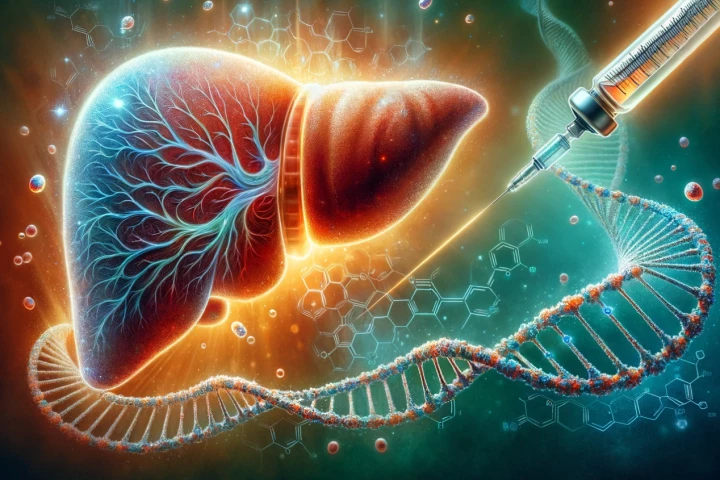Tumor
-
A bacterium from the gut of Japanese tree frogs has "exhibited remarkably potent" tumor-killing abilities when administered intravenously, outperforming current standard therapies and paving the way for an entirely new approach to treating cancer.
-
For the first time, scientists have detailed how glioblastoma has a unique path of progression, aggressively gnawing away at the skull bone itself to affect marrow – explaining why drugs that are intended to impede its growth end up making it worse.
-
A new breakthrough removes the dangers involved in a process called STING, in which the body's own immune system can be enlisted to fight cancer. The finding clears the way for a powerful, and safe, weapon against tumors.
-
A compound derived from a Himalayan fungus has been refined by scientists for a chemotherapy drug with powerful anti-cancer effects. NUC-7738 is yielding encouraging results in ongoing Phase 2 clinical trials, and is advancing towards approval.
-
Hugely promising cancer immunotherapy drug dostarlimab is one step closer to being widely available, after the Food and Drug Administration granted it Breakthrough Therapy Designation status that, if successful, will expedite its path to market.
-
Scientists have demonstrated a creative new way to kill cancer cells effectively, with few side effects. Gluing two particular proteins together tricks the tumors into destroying themselves.
-
T cells are our first line of defense against cancer, but the battle tends to exhaust them. Now, scientists have found a way to give them extra “batteries” to keep them fighting longer, with promising early results in mice.
-
Taking frequently prescribed contraceptive hormones for a year or more has been linked to a heightened risk of developing a serious brain tumor. One of those hormones, medroxyprogesterone acetate, is currently taken by some 74 million women worldwide.
-
The 102-year-old tuberculosis vaccine shrank liver cancer tumors in mice, which suggests it may be replicated in a human trial. If this was the case, the vaccine might prove successful in tackling this notoriously hard-to-treat cancer.
-
A study has found that, in mouse models of prostate cancer, a compound extracted from sandalwood oil was effective in slowing the onset and growth of tumors. Further research will explore whether it can be used to treat prostate cancer in humans.
-
In the hunt for cancer cures, researchers work with structures known as tumor spheroids. A new method of producing these structures has emerged using simple parts, which could lead to the cheap, reliable generation of these valuable research tools.
-
No matter how important something is, too much of anything is bad for you. Scientists have now put that principle to work to kill cancer, with a new drug that causes calcium to build up and choke the tumor to death.
Load More











